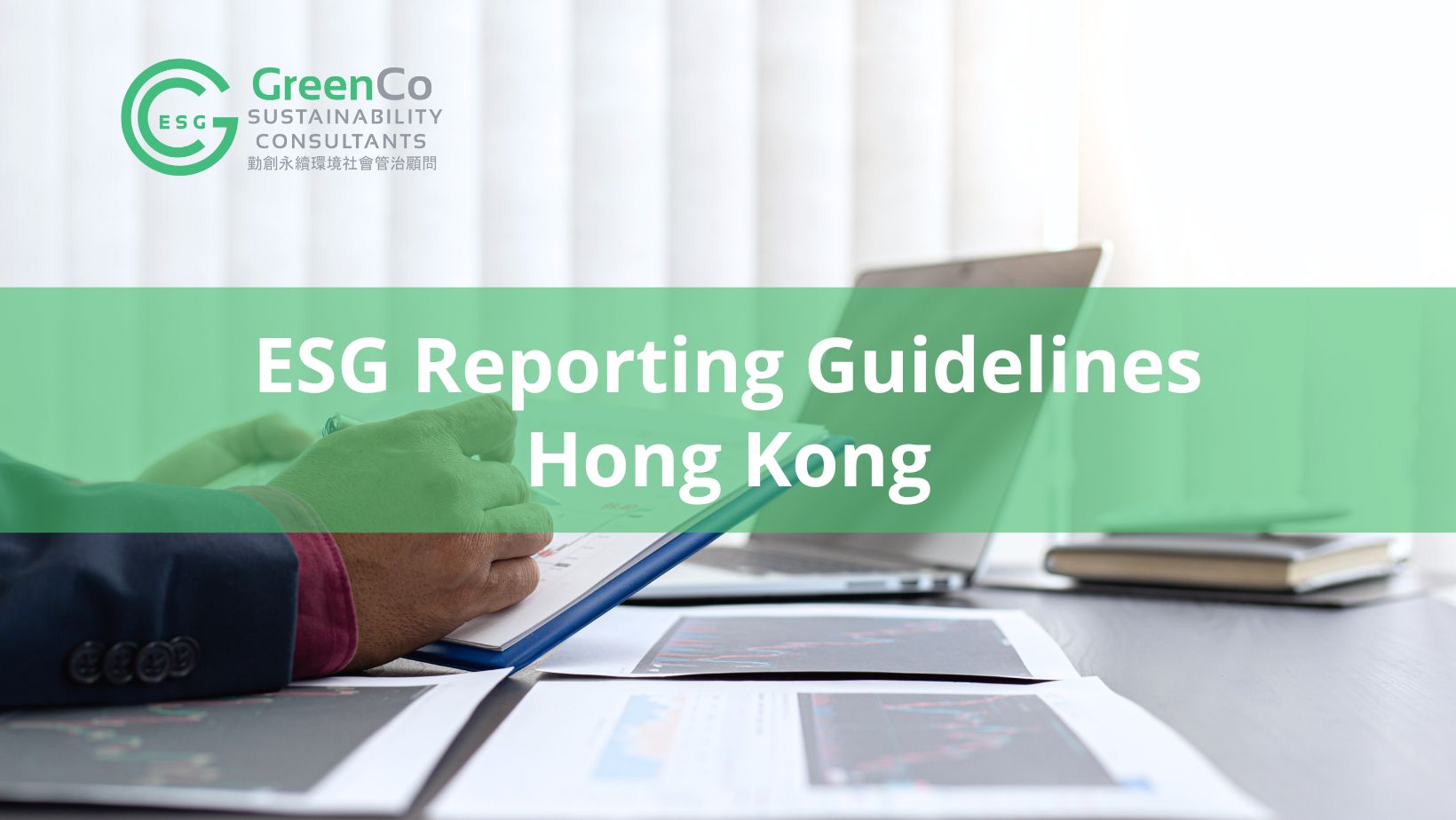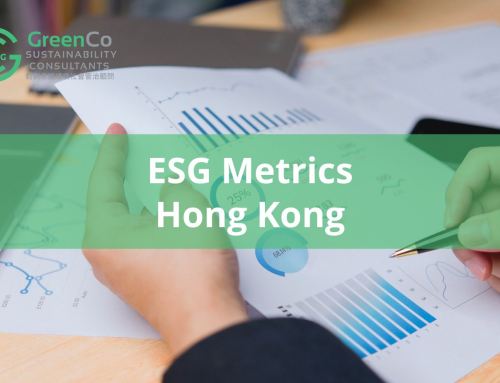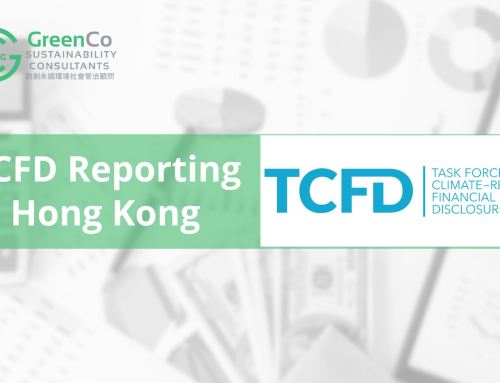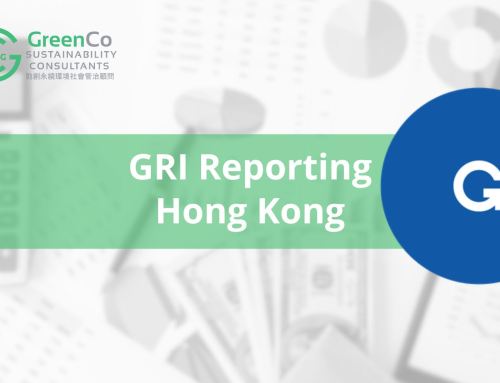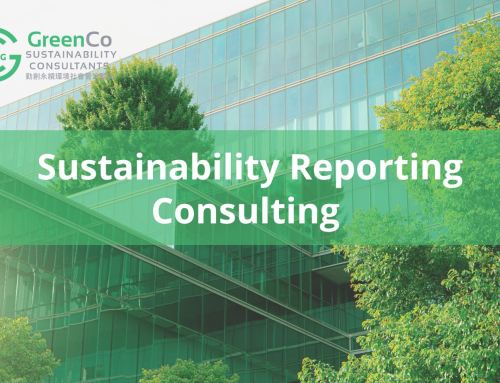ESG Reporting Guidelines in Hong Kong
As Environmental, Social, and Governance (ESG) reporting becomes increasingly critical for companies in Hong Kong, understanding the evolving regulatory landscape is essential. The Hong Kong Exchanges and Clearing Limited (HKEX) has introduced stringent ESG reporting requirements, particularly around climate-related disclosures, which will take effect from 1 January 2025. These guidelines are aligned with global standards such as the IFRS S2 and aim to enhance transparency and accountability in corporate sustainability practices. Below, we outline the key areas that issuers must focus on to ensure compliance and effective ESG reporting.
1. Governance
Issuers are required to disclose detailed information about the governance structures in place to oversee climate-related risks and opportunities. This includes:
- Identifying the governance body or individuals responsible for climate-related oversight.
- Providing details about their roles, as reflected in terms of reference, mandates, role descriptions, and related policies.
- Describing the oversight functions and the role of management in addressing climate-related issues.
2. Climate-Related Risks and Opportunities
Companies need to disclose information on both physical risks (e.g., extreme weather events) and transition risks (e.g., regulatory changes, market shifts) over the short, medium, and long term. This includes:
- A description of the current and anticipated effects of climate-related risks and opportunities on the issuer’s business model and value chain.
- Identifying where in the business model and value chain these risks and opportunities are concentrated.
3. Strategy and Decision-Making
Issuers need to outline how they are integrating climate-related considerations into their business strategies. Key disclosures include:
- Current and anticipated changes to the business model, including resource allocation, to address climate-related risks and opportunities.
- Adaptation and mitigation efforts, whether direct or indirect.
- Details of any transition plan, including key assumptions and dependencies. If no plan exists, issuers should provide an appropriate negative statement.
- Information on how the issuer plans to achieve climate-related targets, including greenhouse gas (GHG) emissions targets.
- Progress updates on resource planning and the implementation of climate-related strategies.
4. Financial Impact Related Disclosures
Issuers have to provide both qualitative and quantitative disclosures on the financial impact of climate-related risks and opportunities. This includes:
- The impact on the issuer’s financial position, financial performance, and cash flows for the reporting period.
5. Resilience
Disclosures should provide information that allows stakeholders to assess how well the issuer’s strategy and business model can withstand and adapt to climate-related changes, developments, and uncertainties arising from identified climate-related risks and opportunities.
6. Greenhouse Gas (GHG) Emissions
Issuers should disclose their GHG emissions in line with the Greenhouse Gas Protocol, which includes:
- Scope 1 emissions: Direct emissions from owned or controlled sources.
- Scope 2 emissions: Indirect emissions from the generation of purchased electricity, steam, heating, and cooling.
- Scope 3 emissions: All other indirect emissions that occur in the issuer’s value chain.
7. Capital Deployment
Issuers should disclose the amount of capital expenditure, financing, or investment deployed towards climate-related risks and opportunities. This includes:
8. Carbon Prices
Issuers should disclose information on internal carbon prices, if they are utilized. Additionally, they should provide details about any carbon credits used, including how these credits contribute to achieving their emissions targets.
9. Remuneration
Companies have to disclose whether climate-related considerations are factored into their remuneration policies. If not, an appropriate negative statement should be provided.
10. Setting and Disclosing Climate-Related Targets
Issuers must provide detailed information on any climate-related targets they have set, including:
- Whether the target is a gross or net GHG emissions target.
- The methodology used to set the target and the progress made towards achieving it.
- Information on the use of carbon credits, if applicable.
The new ESG reporting guidelines in Hong Kong represent a significant shift towards greater transparency and accountability in corporate sustainability practices. Issuers must take a proactive approach to ensure compliance with these requirements, particularly as the 2025 deadline approaches. By focusing on governance, risk management, strategy, and detailed disclosures around GHG emissions and financial impacts, companies can not only meet regulatory expectations but also enhance their reputation and build trust with stakeholders.
For companies navigating these complex requirements, partnering with experienced ESG consultants can provide the necessary expertise and support to ensure compliance and drive long-term sustainability success. GreenCo, with its deep expertise in ESG reporting and climate-related disclosures, is well-positioned to guide companies through this transition, helping them meet both local and global standards while unlocking new opportunities for sustainable growth.

